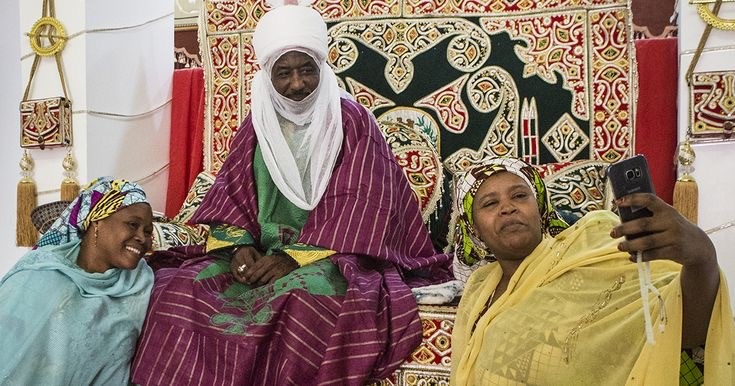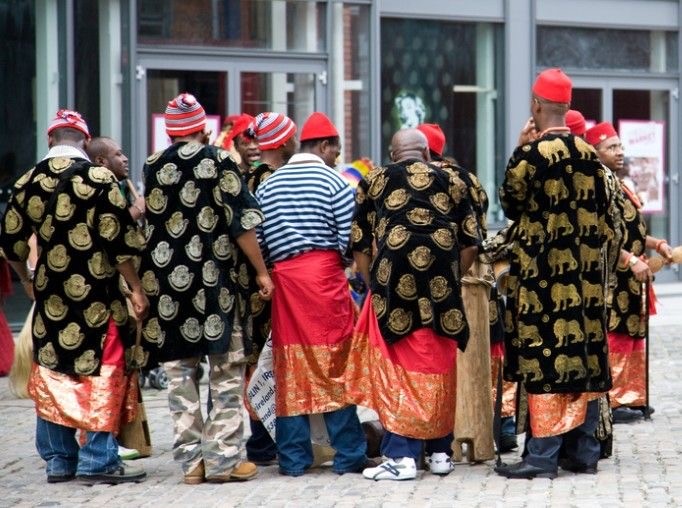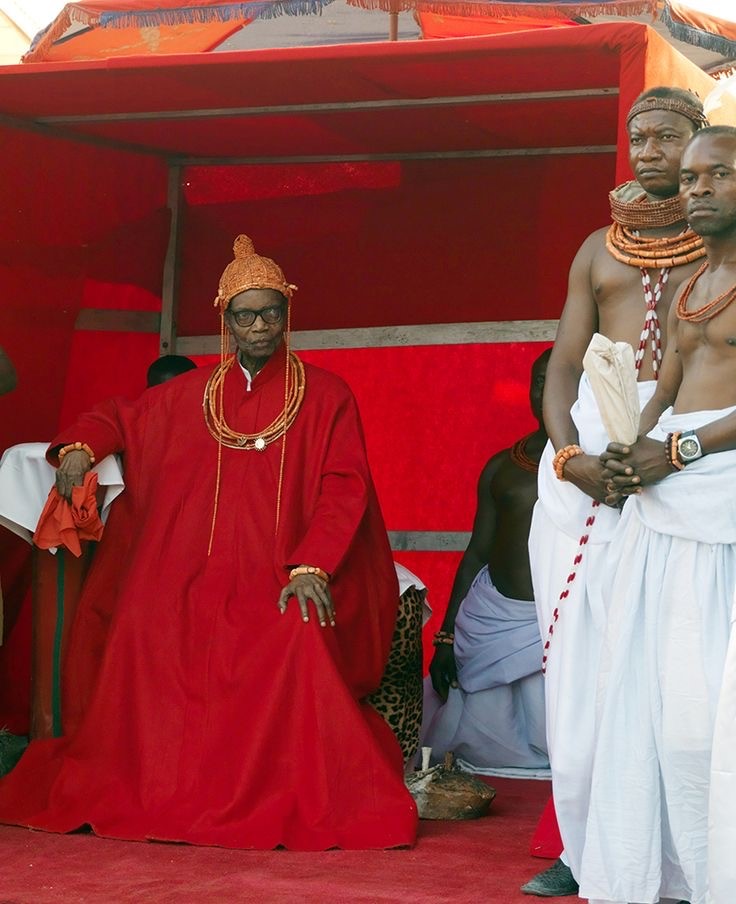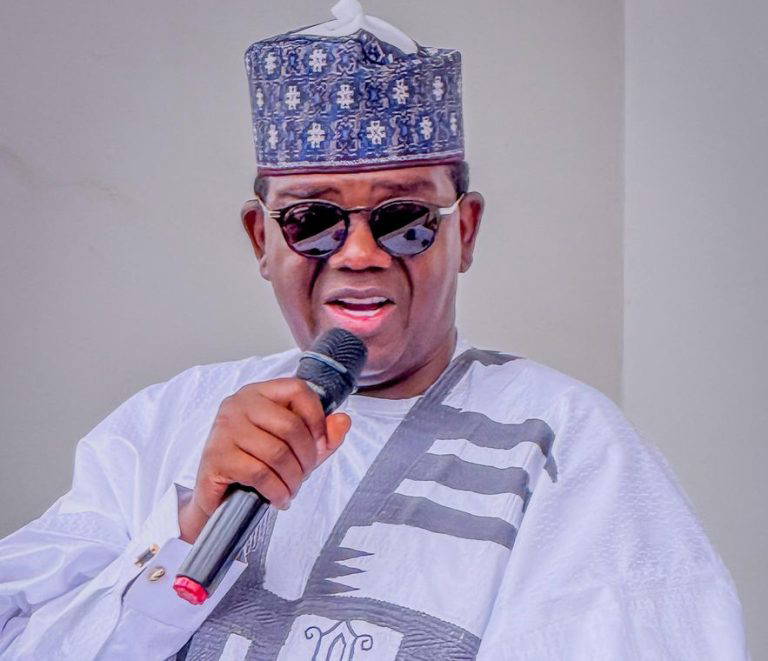Among the many captivating facets of Nigerian political dynamics lies the enduring sway of its venerable traditional custodians. These illustrious figures, ranging from regal monarchs and venerable chieftains to resplendent emirs, wield an indispensable influence in sculpting the contours of contemporary Nigerian politics.
Presently, traditional rulers bask in unceasing reverence across numerous localities, commanding substantial sway over both the political and economic realms. Despite their lack of an official role within the democratic framework, an intense rivalry rages on for the coveted royal positions amidst a limited group of eligible heirs, accentuating their significance in contemporary society.

The roots of traditional leadership in Nigeria go all the way back to the pre-colonial period, when various ethnic groupings were governed by traditional governance systems. These venerable leaders took on the role of their civilisations’ culture, history, and very essence. Surprisingly, these traditional custodians continued to hold sway after Nigeria gained independence in 1960 and adopted modern political systems.
The preservation of culture and legacy is one of the most important responsibilities handed to these traditional leaders in the contemporary political environment of Nigeria. In the watchful hands of these leaders, Nigeria, a tapestry of more than 250 ethnic groups, finds its cultural tapestry preserved. Each of these ethnic groups has its own distinct customs, dialects, and traditions. They serve as the steadfast sentinels of these various identities, making sure they withstand the tidal waves of modernisation and globalisation. Through their crucial roles in rituals, celebrations, and cultural events, they strengthen relationships among the community and sustain a strong sense of belonging among their people.

Conflicts inevitably occur in a country as diverse as Nigeria. Traditional leaders are regularly called upon within their spheres to act as mediators in these conflicts. They have the cunning necessary to arrange peaceful resolutions because of their thorough awareness of regional norms and traditions. This crucial function in conflict resolution not only supports regional stability in Nigeria but also fosters a sense of community among the people there.
Traditional elders also have a significant political impact in Nigeria. Despite the lack of official political titles, their support and endorsements have the power to sway election results. Politicians frequently ask for these venerable personalities’ blessings to increase their legitimacy and credibility with their constituents. The complex interaction between traditional and modern politics has implications for Nigeria’s democratic processes that are both positive and problematic.
Traditional leaders in Nigeria have numerous difficulties in the current political environment, even as they continue to play important roles. The central government’s encroachment on their power is the main obstacle among these. Traditional chiefs of Nigeria are recognised by the constitution, although their political authority is limited. Conflicts may arise as a result of the natural tension between traditional and governmental authority.

The complexities of succession are also still another severe obstacle. Traditional leadership roles, which are typically hereditary, frequently turn into battlegrounds over legitimate heirs, causing internal strife among communities. Furthermore, there is a disputed claim that the old system may be biased and promote inequity.
The contribution of traditional leaders to contemporary Nigerian politics is both substantial and complex. They stand as guardians of culture, peacemakers in conflicts, and influential actors in the political realm. Nevertheless, they confront the intricacies associated with the modernisation of governance and the intricacies of succession.
As Nigeria navigates its ongoing transformation, achieving equilibrium between tradition and modernity emerges as a pivotal challenge. Striking this balance will be indispensable in harnessing the potential inherent in both systems for the advancement of the nation and the well-being of its citizens.
Sources
- https://en.m.wikipedia.org/wiki/Nigerian_traditional_rulers#:~:text=Traditional%20rulers%20today%20are%20still,finite%20pool%20of%20eligible%20dynasts.
- https://www.africanscholarpublications.com/wp-content/uploads/2016/03/THE-ROLE-OF-TRADITIONAL-RULERS-IN-SOCIO-ECONOMIC-AND-POLITICAL-DEVELOPMENT-IN-NIGERIAN-LOCAL-GOVERNMENT.pdf
- https://www.jstor.org/stable/41854762
- https://www.researchgate.net/publication/276395566_Traditional_rulers_and_local_government_in_Nigeria_a_pathway_to_resolving_the_challenge




